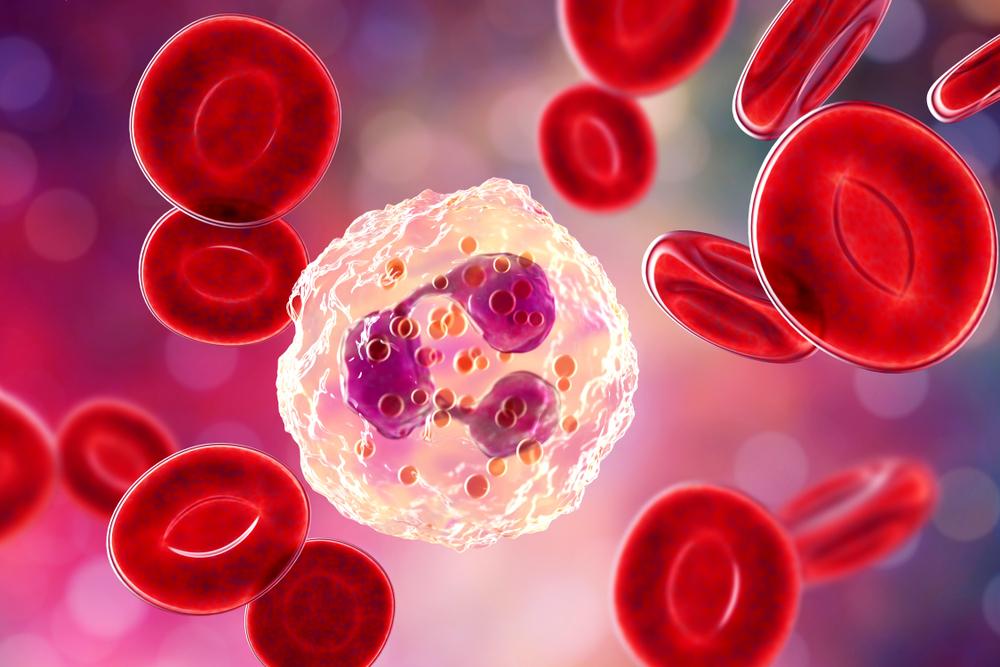When you have your meals can change your mood, according to a new Harvard study.
Researchers placed participants in a simulation that mimicked night shifts, and participants either had meals during the day only, or had meals during both daytime and nighttime. There were two meal timing groups: the daytime and nighttime meal control group, and the daytime-only meal intervention group.





